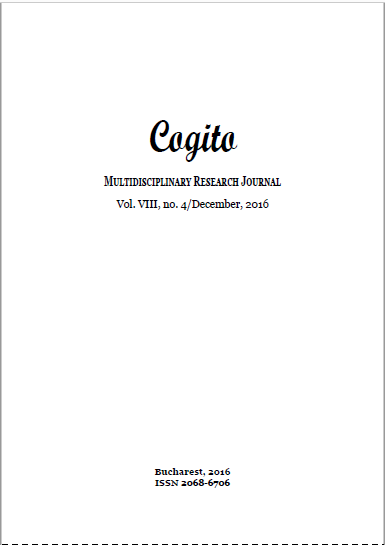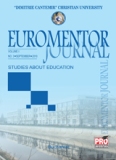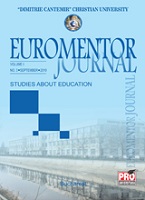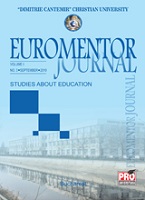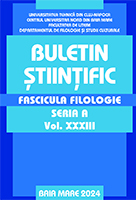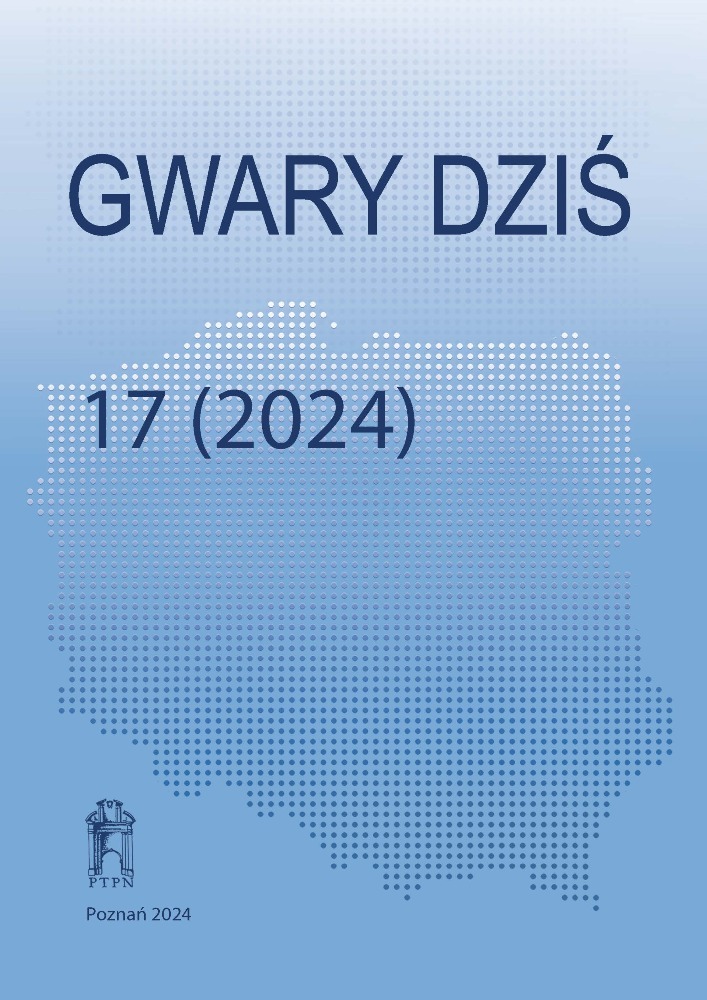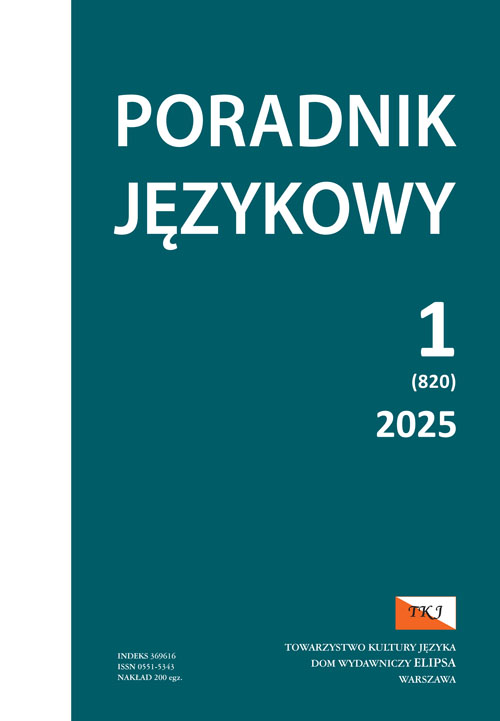Author(s): David Shavianidze,Luiza Khachapuridze / Language(s): Georgian
Issue: 8/2024
A study of toponyms allows us to research ethnisity, mentality, material and spiritual culture, lifestyle, faith and religious issues of an ethnic unity. The discussed toponyms (Khutsuri, Saqdriari, Cross, Tarangel's Throat, Korokha Seri, Naecclevi, Sajvari, Rulegora, Navanebi, Tskhratskaro, Mukhaestate, Kvajvari, Saberekhevi, "The Source of the Monks", Jgrag Balashi, Minatskaro, Sajvari, Napudzveri, Jgrag Tsepeli, Jvariseri) are the first sources of research on ethnic and cultural history, man, community, ethnos and relations with the foreign cultural world. The toponyms for analysis reveal the procedure for their creation and names, writing and literary language productions, and dialectical characteristics; On the preservation of Georgian consciousness from the inhabitants of the Muslim and the lost historical-ethnographic units of Georgia (Adjara and Tao-Imerkhevi). The ethnographic materials on toponyms found in the historical-ethnographic units of Georgia reveal the human "law of life", one of the main determinants of relations on faithreligiosity. With the folk etymologies of Toponym, their complex-ethnohistorical research makes it possible not only to distinguish the correct interpretation, but also to perfectly represent the pragmatic goals of the toponym creation. Based on the "always renewable reality of the nation", the name of the toponyms of the cultural and faith created on the basis of self-awareness in the language of the ethnos is confirmed in the regions of Georgia: "An Observational Reading and Understandable Book"; "History toponyms". It turns out about the importance of lexical units used in the common Georgian (We will consider the example of "the most literate"); In various historical and ethnographic units of Georgia, historical significance is narrowed today. The reality conveyed by our "history toponyms" and related materials may be known to scientific circles, but the description will be updated with new information and the relevant conclusions of the study. Consequently, we consider the present and the future to be an outstanding thing for the socio-living cultural history monument, the political and social past of the nation, the source of mentality, the geographical object of the country, the knowledge of the people in memory of the people (/museum archive) and the complex ethnohistorical research. toponymia; "from the ever-present righteous of the nation"; Toponym - "An Observational Reading and Recognition Book"; "History toponyms"; Lexical unit - "uneducated"; People's Memory (/Museum Archive); Ethnohistorical research.
More...

